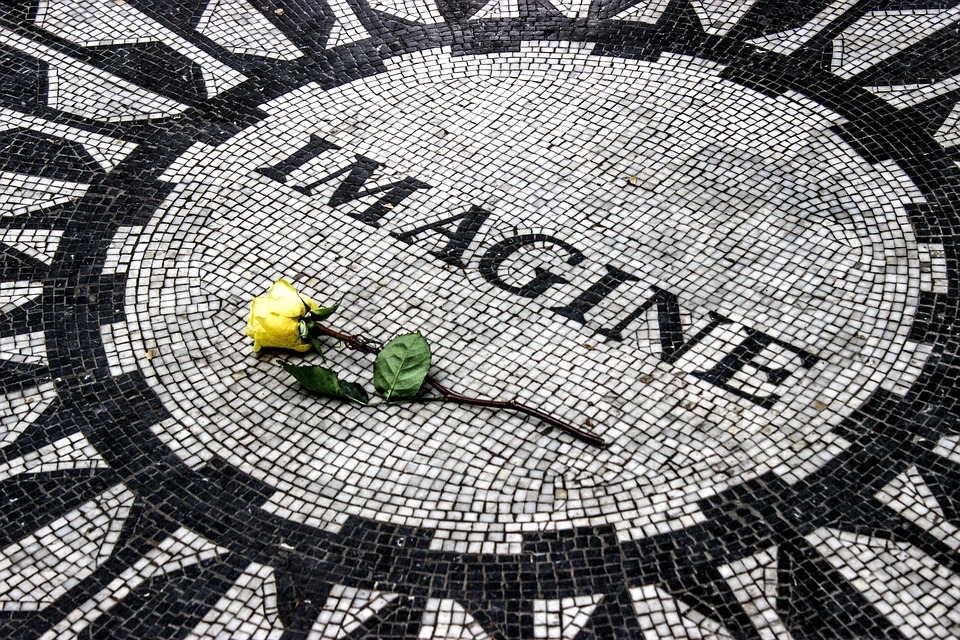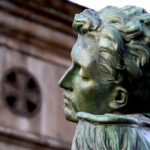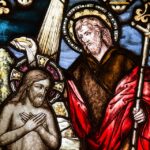The Life of John Kendall
John Kendall was a renowned violin educator whose impact on the field of music education is still felt today, years after his passing. Born in 1921, Kendall began his violin studies at a young age and quickly showed promise as a talented and passionate musician. He went on to study at the Eastman School of Music, where he was mentored by the legendary violinist Donald Weilerstein.
After graduating from Eastman, Kendall embarked on a career as a performer, playing with various orchestras and ensembles. However, it was his passion for teaching that truly set him apart. Kendall believed that every child had the potential to learn and excel in music, and he dedicated himself to bringing music education to children of all backgrounds.
Revolutionizing Violin Education
In the 1960s, Kendall joined the faculty at the University of Michigan, where he developed a groundbreaking program for teaching young children to play the violin. Kendall’s approach focused on starting children on the instrument at a young age, using a combination of group lessons and individual instruction to build a strong foundation in technique and musicality.
Kendall’s innovative teaching methods soon gained recognition, and he was invited to present his approach at workshops and conferences around the world. He also authored several influential books on violin pedagogy, including “Beginning Suzuki Violin” and “Violin Lessons for Children.”
Kendall’s Legacy
John Kendall’s impact on the field of music education cannot be overstated. His groundbreaking teaching methods have shaped the way violin is taught to young children, and his dedication to bringing music education to underserved communities has inspired countless educators to follow in his footsteps.
Kendall’s legacy lives on through the students he taught, many of whom have gone on to successful careers as musicians and educators themselves. His influence can also be seen in the countless teachers who continue to use his methods and materials in their own classrooms.
In recognition of his contributions to violin education, the John Kendall Memorial Group was established to honor his memory and promote continued research and development in the field of music education.
Celebrating Kendall’s Legacy
Each year, the John Kendall Memorial Group hosts a series of events and workshops to celebrate Kendall’s legacy and promote excellence in music education. These events bring together educators, students, and musicians from around the world to share ideas, learn from each other, and inspire the next generation of musicians.
One of the highlights of the annual celebration is the John Kendall Award, which is presented to an outstanding educator who exemplifies Kendall’s dedication to music education. Recipients of the award are chosen for their commitment to excellence, innovation, and advocacy for music education for all children.
Continuing the Legacy
As we reflect on the life and legacy of John Kendall, it is clear that his impact on the field of music education will endure for generations to come. His passion for teaching, his dedication to excellence, and his belief in the power of music to transform lives continue to inspire educators around the world.
By honoring John Kendall’s legacy and continuing to promote excellence in music education, we can ensure that his vision lives on and that future generations of musicians will have the opportunity to benefit from his innovative teaching methods and unwavering commitment to excellence.
In conclusion, John Kendall was a true pioneer in the field of music education, and his legacy continues to inspire and guide educators around the world. Through his innovative teaching methods, his dedication to excellence, and his passion for bringing music education to all children, Kendall has left an indelible mark on the world of music. By honoring his memory and continuing to promote excellence in music education, we can ensure that his vision lives on and that future generations of musicians will have the opportunity to benefit from his teachings.


